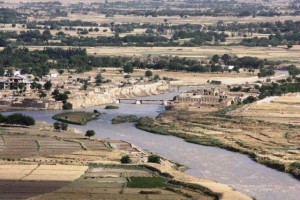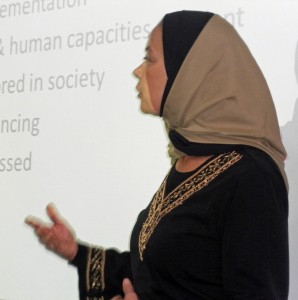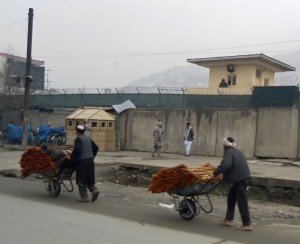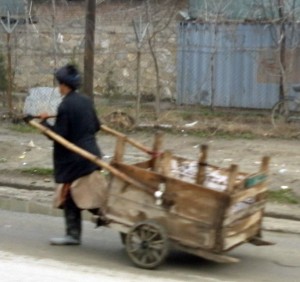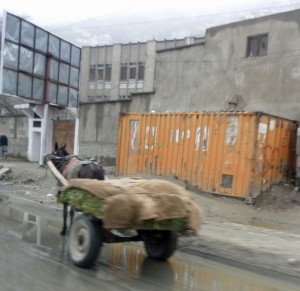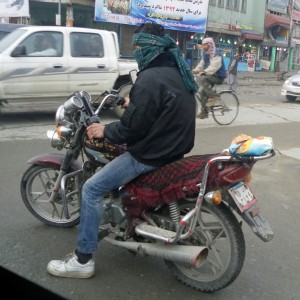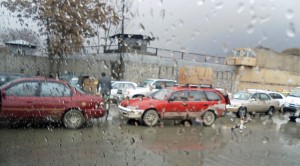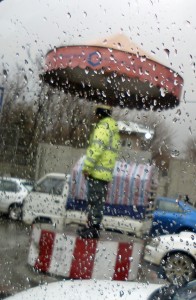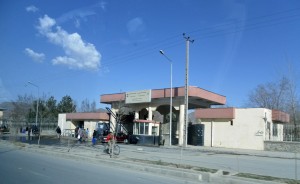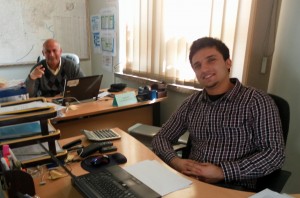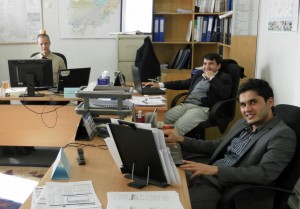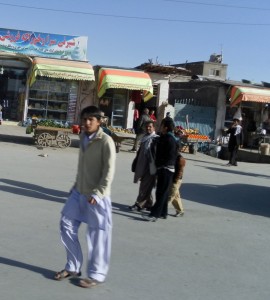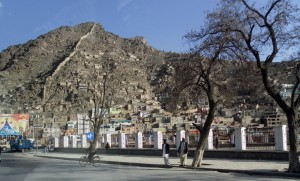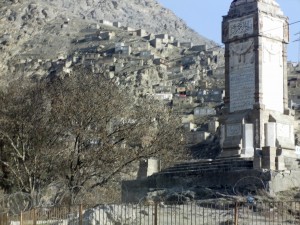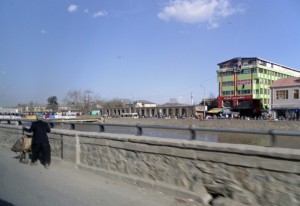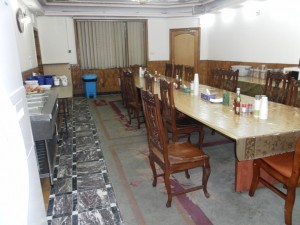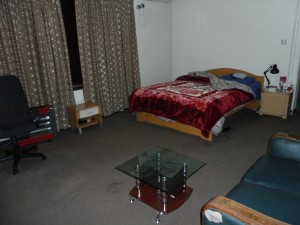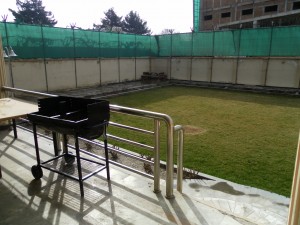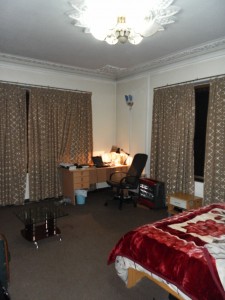Afghanistan’s Transboundary Waters
By: Laura Schroeder and Derek Bradley
Despite being a landlocked country with an arid climate Afghanistan possesses a surprising number of fresh water surface sources thanks to snowpack originating in its mountainous terrain. While the country has several freshwater sources contained within it (namely the Northern water basin) all four of the country’s largest river basins are transboundary rivers.
Despite repeated attempts by Afghanistan’s neighbors and Western nations active in rebuilding the country, the government of Afghanistan has been hesitant to enter into any international watercourse agreements. In fact only one of the rivers has a treaty associated with it, the Helmand River. The Helmand treaty between Afghanistan and Iran was negotiated after many years and was finally signed in the early 1970s with the treaty going in to force in 1977. Since the signing of this treaty both countries have experienced major shifts in their governments. As a result of these government shifts, many provisions of the 1970s treaty have been ignored by both nations throughout the treaty’s history.
In addition to the Helmand River basin, there are also the Kabul, Hari-Rud, and Amu Darya basins. The riparian countries of the Kabul river basin include Pakistan, India, Afghanistan, and China. Afghanistan signed a treaty with Great Britain in 1921 dealing with usage of the river for irrigation and residential use on both sides of the Kabul river. The Kabul treaty, however, dates back to Great Britain’s occupation of land that is now Pakistan. The treaty has not been updated and neither country relies upon it.
The Hari-Rud river basin is shared between Afghanistan, Turkmenistan, and Iran. Leaving out Afghanistan, Turkmenistan and Iran negotiated an agreement concerning the Hari-Rud. In 2004, Turkmenistan and Iran completed a dam that provides irrigation and drinking water for Iran’s second largest city Mashhad. Afghanistan intends to build its own dam upstream of the 2004 dam which has the potential to cut off more than 70% of the water Iran receives from the Hari-Rud.
The Amu Darya acts as the border for significant areas between Afghanistan, Tajikistan, Uzbekistan, and Turkmenistan. While there are some treaties between Afghanistan and its neighbors concerning borders, cooperation issues, and joint management of the Amu Darya there are no treaties concerning allocation and usage of water. Further complicating the benefit of any of these treaties is that they were made between Afghanistan and the Soviet Union. Since the departure of the Soviet Union, no new agreements have been made between the new democratic government of Afghanistan and those of the Central Asian Republics.
While Afghanistan has access to a significant amount of water it has not been able to fully utilize much of it due to a lack of infrastructure. USAID and many other organizations have been interested in assisting Afghanistan build this infrastructure but Western Donor Countries have been hesitant to provide resources for major water infrastructure projects because of the lack of necessary international water allocation agreements. Decision makers have been distrustful of their neighbors and have generally not been cooperative when it comes to providing information to other countries about how various water projects would influence transboundary waters.
Despite little progress since the establishment of a democratically elected government in Afghanistan there has been some advances in putting Afghanistan in a player’s position with regard to international watercourse treaties. The World Bank, beginning in 2006, has facilitated negotiations between Pakistan and Afghanistan. These efforts culminated in the finance ministers of both countries signing an agreement in August 2013 to build a large scale hydropower dam on the Kunar River (part of the Kabul River Basin). While a positive first step, moving forward to the next step will require internal resolution within the Afghani government. Furthermore, the World Bank has recently approved funding for Pakistani hydropower projects despite Afghanistan objecting to one of them. This has led some Afghani decision makers to view the World Bank as skeptically as Pakistan. However, the recently elected Afghan government of President Ghani in May of 2015 publicly stated that they are committed to the Kunar dam and that they are interested in pursuing closer ties with Pakistan. This comes on the heels of China announcing earlier this year that they would help pay for the dam, revitalizing hope that the Pakistan and Afghanistan will work more closely together in the coming years concerning transboundary waters.
On the Western side of Afghanistan things are faring worse than to the East. Afghanistan’s only international water use treaty with Iran regarding the Helmand has done little to establish positive relationships between Iran and Afghanistan. Adding to this tension, is development of the Hari-Rud dams as well as further dam construction on the Helmand. Since the “removal” of the Taliban, Afghanistan and Iran have been in talks to resolve the disputes concerning both of these rivers, but no real progress has been made. Both countries insist they are hard at work concerning these negotiations and are putting in a good faith effort; but it would appear that with both nations trying to unilaterally make use of the Hari-Rud tensions might actually be increasing between the two.
As pressure on water resources continues to grow in Central Asia and as more infrastructure is built within Afghanistan to capture and utilize the water within its major river basins, international disputes will also continue to become more frequent and heated. International agencies and Western nations should continue to pressure Afghanistan to enter in to transboundary water agreements, but more than anything it appears it will require local decision makers to adjust positions for any progress to be made.
